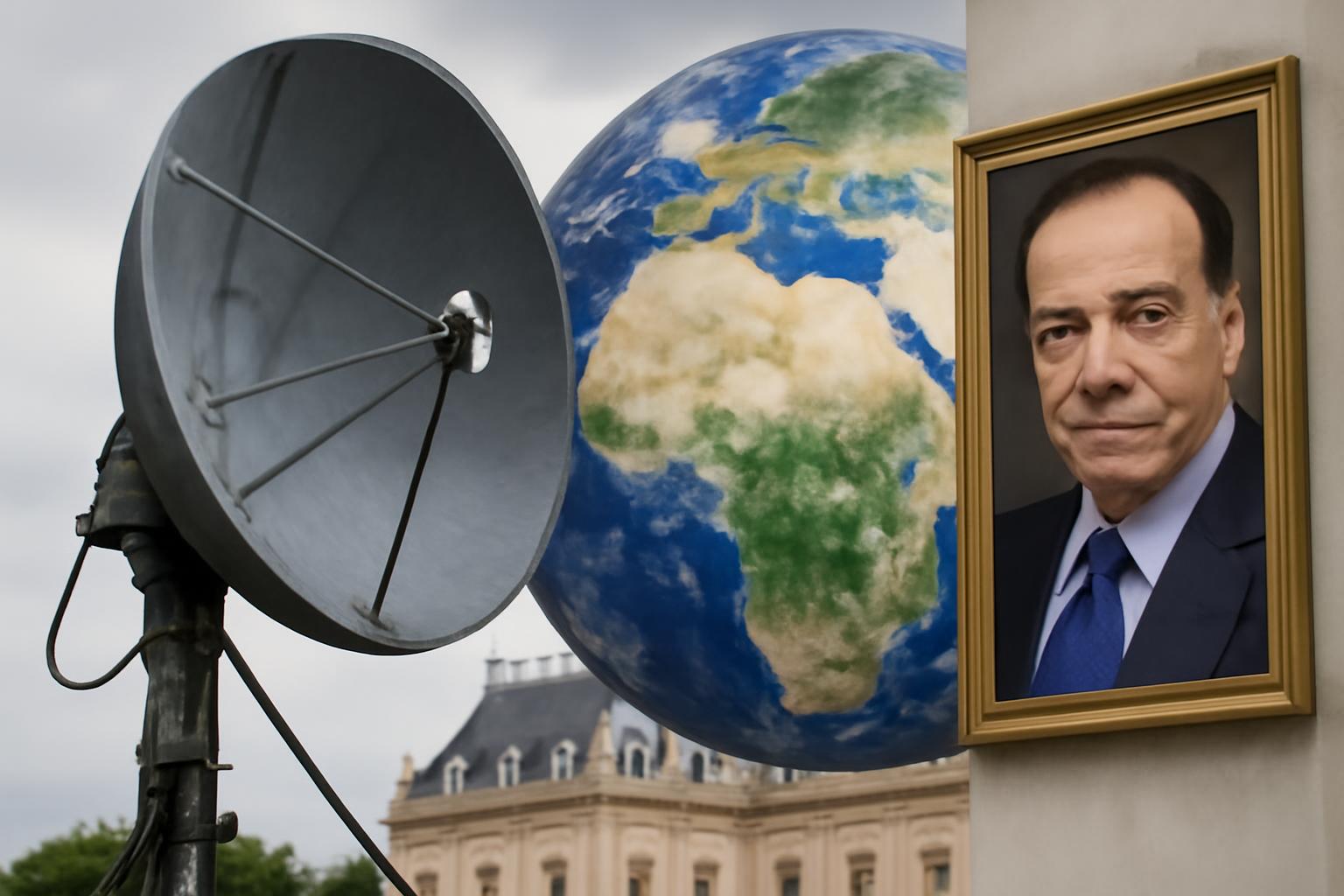A pan-European bid war for a major broadcaster has moved into a decisive phase. An offer backed by Media for Europe, itself tied to the heirs of Silvio Berlusconi, expired at midnight while a competing proposal emerged from PPF, the Czech investor. The expectation among observers remains that the Berlusconi group is in the lead, yet it is not clear whether the bid has crossed the 50 percent threshold required for control, with a reliable update anticipated next week. Reports indicate the Berlusconi vehicle held about 40 percent of the shares at the most recent counts. The competition authorities in Brussels and Berlin have previously scrutinized the undertaking, but antitrust hurdles are not presently anticipated. MFE had raised its offer in July, after which ProSiebenSat.1’s management and supervisory boards dropped their opposition and recommended the MFE bid as adequate, while PPF did not raise its bid. MFE’s stated aim is to forge a pan-European broadcaster group, while Berlusconi himself asserted that he does not seek full control but rather flexibility to pursue a common vision that preserves editorial independence and the national character of the network. The vehicle behind MFE is owned by Berlusconi’s children, who have not entered politics but are said to be close to the Forza Italia party.
In this moment, we are reminded that the fate of mass communication is not merely a matter of corporate finance, but a test of how dispersed knowledge orders itself under pressure. A bid contest for a continental media platform reveals the tension between the impulse to unify markets and the necessity of preserving diverse voices and local sensibilities. The promoters of a “pan-European” dream promise efficiency, scale, and a shared strategic horizon; those who worry about that dream fear the dilution of local knowledge and the erosion of editorial independence that grows when a single owner wields outsized influence across borders. The public currently faces a choice that goes beyond price and control: it is a choice about who should shape the information landscape and on what terms, in a world where information travels faster than policy can adapt.
From my vantage, the essential danger is not the mere possibility of a powerful owner; it is the prospect that economic consolidation can become a political instrument, guiding the selection of what is seen and heard across multiple nations. The free market, in its proper sense, coordinates dispersed knowledge through competition, trial, error, and the consent of consumers. If a handful of owners command a plurality of channels, the price system—advertising, viewership, trust—begins to reveal a tacit politics, an informal subsidy to particular views, even if no overt state directive exists. Therefore the crucial question is not only whether antitrust barriers exist, but whether the institutional framework protects plurality, transparency, and genuine consumer choice, allowing substitutes to arise and giving room for dissenting voices to thrive.
A genuine concern arises when ownership seeks to transcend national boundaries while retaining the power to decide which ideas are broadcast. A pan-European framework can be a powerful instrument for sharing resources and maximizing reach, but it must not become a mechanism for standardizing taste or silencing minority perspectives in the name of efficiency. Editorial independence cannot be guaranteed by rhetoric of “flexibility” or by the mere absence of formal opposition by management; it requires robust governance, clear lines of accountability, and protections that resist political capture, even when the owners are not politically active in the public arena. The lesson for policy, then, is not to fear capital or cross-border collaboration per se, but to insist on conditions that preserve the spontaneous order of free association: real competition among ideas, open access to diverse outlets, transparent reporting of ownership and influence, and a vigilant civil society capable of rewarding or punishing actors by the consent of the audience.
If the market signals of viewership, trust, and advertiser behavior are allowed to do their work without bureaucratic suppression or unwarranted interference, the system will tend toward balance. The health of a free republic depends on a pluralism of voices and a recognition that no single proprietor should wield the power to frame reality for entire continents. The present moment tests not just a particular bid or a particular owner, but whether our institutions can maintain a culture of competition and a respect for local identity within a framework of European cooperation. Let the knowledge of countless viewers and the capacity for voluntary exchange guide the outcome, and let the protection of editorial independence stand as a constitutional norm in a world where the wires of information zip across borders as quickly as capital does. In the end, the measure of our freedom will be the resilience of the plural voices that nourish a self-governing society.
